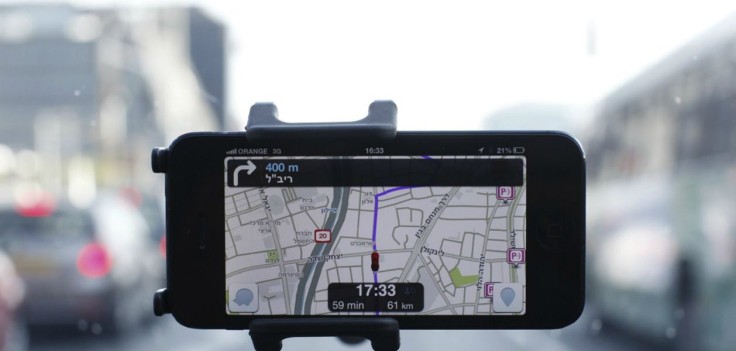GPS devices switch off certain parts of the brain

Relying on Global Positioning System (GPS) devices may be bad for the tech-savvy traveller. According to a new study, devices like smartphones shut down the parts of the brain normally used for navigation.
Following directions from a GPS device is something the modern traveller often does. It entails delegation of a task that the brain usually performs. In time, those non-performing parts of the brain would make travellers worse at pathfinding or finding their way, Live Science reported.
Specialised nerve cells were first discovered in the brains of mice. It was a discovery that merited winning the Nobel Prize in Physiology or Medicine in 2014.
Such cells are located in the brain structure called hippocampus, which recalls memories and identifies possible paths to take. The prefrontal cortex is another brain part that is involved in planning and deciding which path to take.
The study was published in the journal Nature Communications. A simulation in the Soho area of Central London was used. Twenty-four participants navigated in the simulated area while their brain activities were being scanned.
At times, the subjects merely had to press a button to follow a path pre-assigned by the computer. In other instances, they had to indicate left or right.
Hippocampus activity was monitored. The scanner showed that for every new street entered without the use of a GPS, the brain was storing changes in the number of currently available paths. When a detour was taken, activity in the prefrontal cortex spiked, indicating the difficulty in planning a new route.
When decisions were left to a GPS, those parts of the brain were not active. The study findings showed that the brain switches off interest in the streets when technology takes over, noted Hugo Spiers, lead author of the study and researcher at University College London’s Institute of Behavioural Neuroscience.
The silver lining in using GPS
The use of GPS devices, however, has its distinct advantages as it would leave the brain to focus on other tasks. It tends to lead to a shift in skills.
Children growing up using smartphones may develop skills different from those of past generations who travelled without a GPS or acquired knowledge without the Internet. There are other studies that point to how kids today have brains that develop differently, noted Amir-Homayoun Javadi, a neuroscientist at the University of Kent in the United Kingdom and the study’s first author.
Ultimately, the brain changes, adapts to environments and identifies priorities. In that sense, the world is constantly changing for humans – inside and out.





















